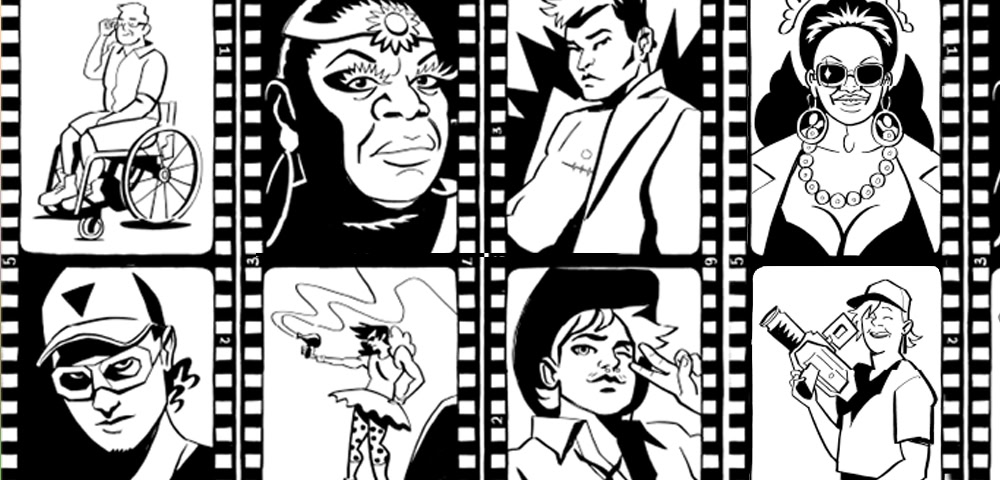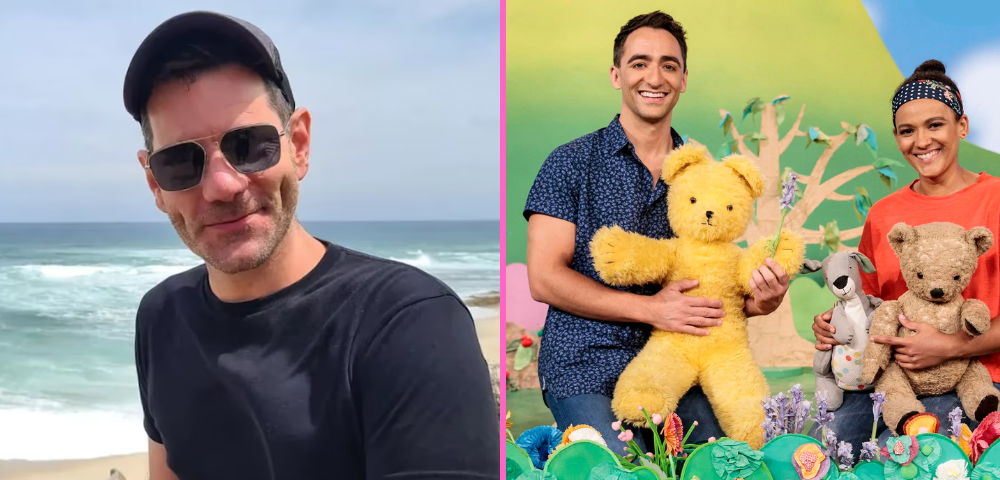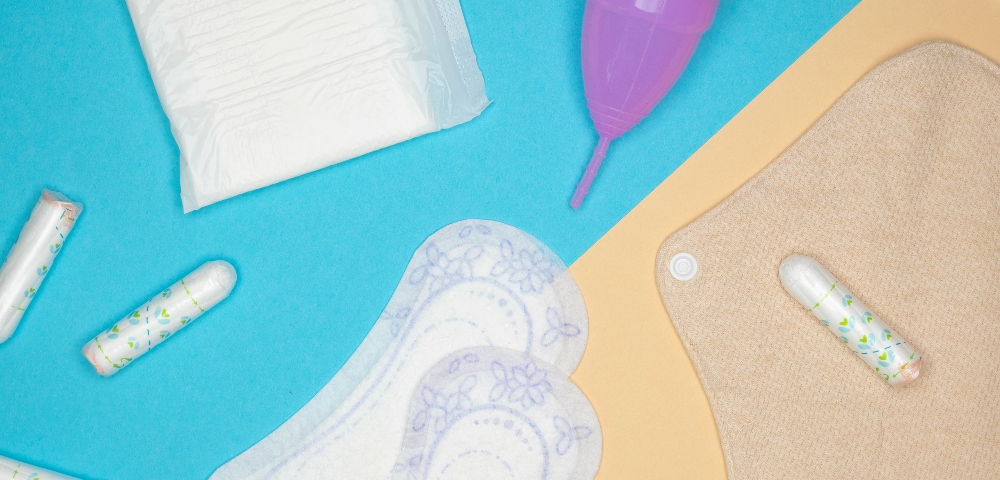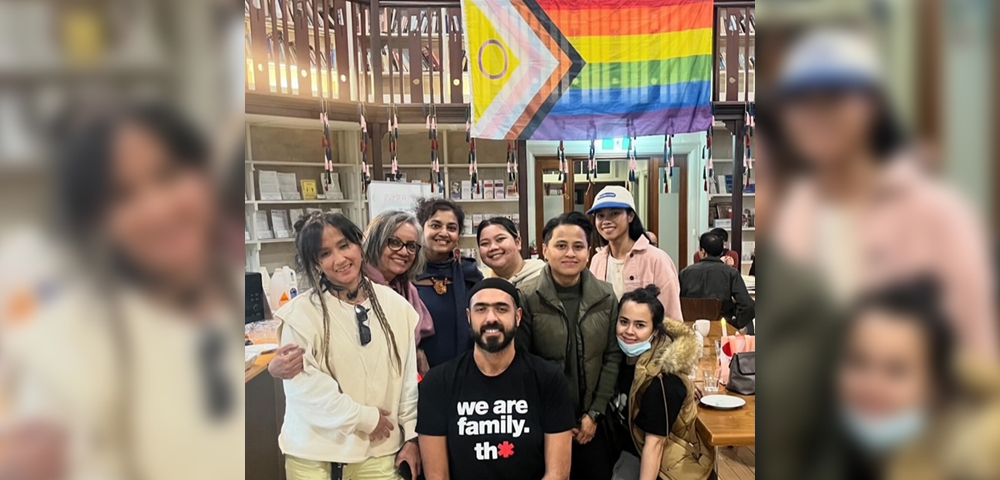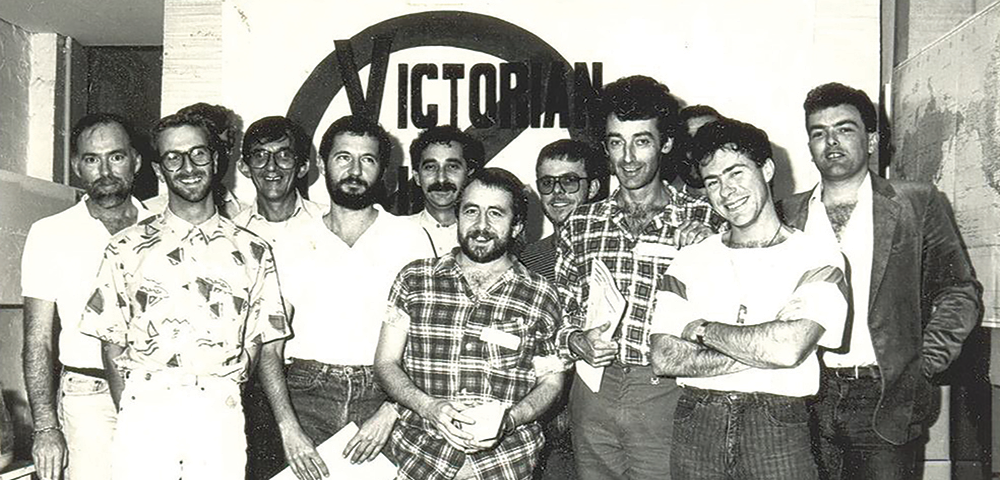
‘We could be the first country in the world to virtually eliminate HIV transmission’: Simon Ruth
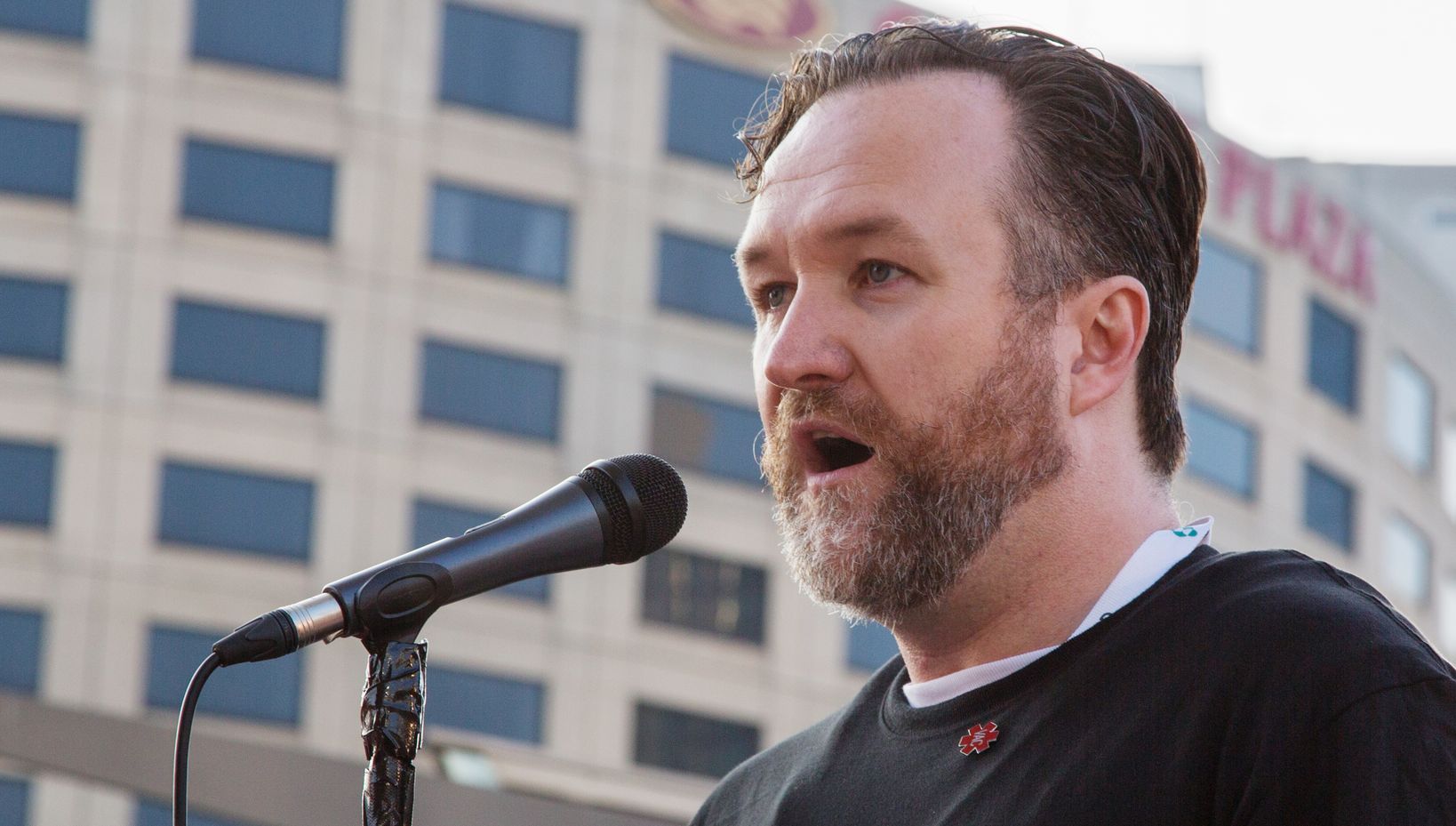
Thorne Harbour Health CEO Simon Ruth has been working in sexual health for more than twenty years. He spoke with Matthew Wade about role models, the fight against HIV, and World AIDS Day.
***
When did you first start working in the HIV and sexual health space?
Back in the early nineties, I started working in a needle syringe program as a part-time job while I was at university. That was before we knew what Hepatitis C was and so the program’s main focus was still HIV prevention. I’ve spent most of my career in human services with a lot of time in the alcohol and drug space, as well as Aboriginal health. I came to Thorne Harbour (then the Victorian AIDS Council) in 2013.
What drives you to work in the sector?
I’ve always been interested in issues related to the health and wellbeing of our community. As a gay man from rural Victoria, I know what it’s like to be isolated and have the feeling you don’t fit in. As I’ve gotten older, I understand that those feelings can have a real impact on negative health outcomes. This sector offers me an opportunity to make a difference in the lives of others from my community and that is important to me.
As a gay man, has your sexuality ever presented a barrier in your career?
I’ve had those awkward moments of not knowing how my coming out would be taken and also leaving it for too long and then wondering if people would be upset I didn’t do it sooner. When I first came to Thorne Harbour, a few staff assumed I was straight, so I had to come out here as well. But I’ve been very fortunate to work in sectors that were much more accepting of LGBTI people.
Do you think it’s still hard for LGBTI people to be out in the workplace?
Everyone’s journey to coming out is a deeply personal one. People need to feel safe. They need to feel supported and respected, and that goes for disclosure of HIV status just as much as coming out as gay, lesbian, trans, intersex, or bisexual. My advice to people is to be true to who you are. Consider if you feel it is right for you and know that you will have the support of organisations like Thorne Harbour Health if you need it.
As an openly gay CEO, do you hope to be a role model for younger LGBTI people?
I think positive role models in the community are very important. But it’s just as important to know that as LGBTI people, nothing should hold you back from pursuing your passion. If I am a positive role model, that’s great, but I think the whole organisation and the LGBTI community at large has a number of great role models from which inspiration can be drawn.
What has been one of your proudest accomplishments at Thorne Harbour Health so far?
As we became Thorne Harbour Health, getting the ‘There For Us’ campaign out in public as part of our rebrand. That campaign depicted a broad cross-section of our community who volunteered to put their faces to our new brand. It showed Melbourne that Thorne Harbour Health was proud, inclusive, and passionate about the health and wellbeing of our community. In the early nineties, we had the “when you say yes, say yes to safe sex” campaign that featured two young guys kissing. That campaign almost got us defunded with the then shadow health minister and the Salvation Army, who thought it was disgraceful that we would show homosexuality in a positive light. It shows we’ve come a long way.
In 2018, why is Thorne Harbour Health and the fight against HIV still so important?
We are at a very important crossroad in the fight against HIV. With PrEP, PEP, undetectable viral loads, and condoms, we have never had so many tools to prevent HIV. If we seize this opportunity, at this time, it is possible that we will see an end to HIV in our lifetimes. This was unthinkable even as recently as five years ago. It’s possible Australia could become the first country in the world to achieve the virtual elimination of HIV transmission.
What does World AIDS Day (WAD) mean to you?
It’s both a time to reflect on the losses we have incurred as a community and a culture, and a chance to assess where we need to go in terms of awareness, programs, and initiatives to prevent HIV in the future. But more than that, to really understand the needs of people living with HIV today and to understand that the fight against stigma and discrimination needs to be fought on all fronts.
What is Thorne Harbour Health’s plans this coming WAD?
We will be out on the streets of Melbourne promoting awareness of issues related to HIV and AIDS. We have a large, public campaign that will once again be on the streets of Melbourne and regionally to emphasise that ’HIV Still Matters’ – this message will also be a feature of a large cinema advertising campaign which will reach thousands of people. And as always, we will be holding our memorial service to remember those we have lost.
What’s your favourite ‘Pride’ moment?
I do love a good march. In 2014, Melbourne hosted the International AIDS Conference and I was proud to play such an active role in the Mobilisation March – a traditional part of every Conference that sees community activists and advocates from all over the world take to the streets of the host city to champion the issues impacting the communities they represent. Getting up to speak at that march, I looked out onto one of the most diverse crowds I could imagine with community advocates from every corner of the globe. It was inspiring.




